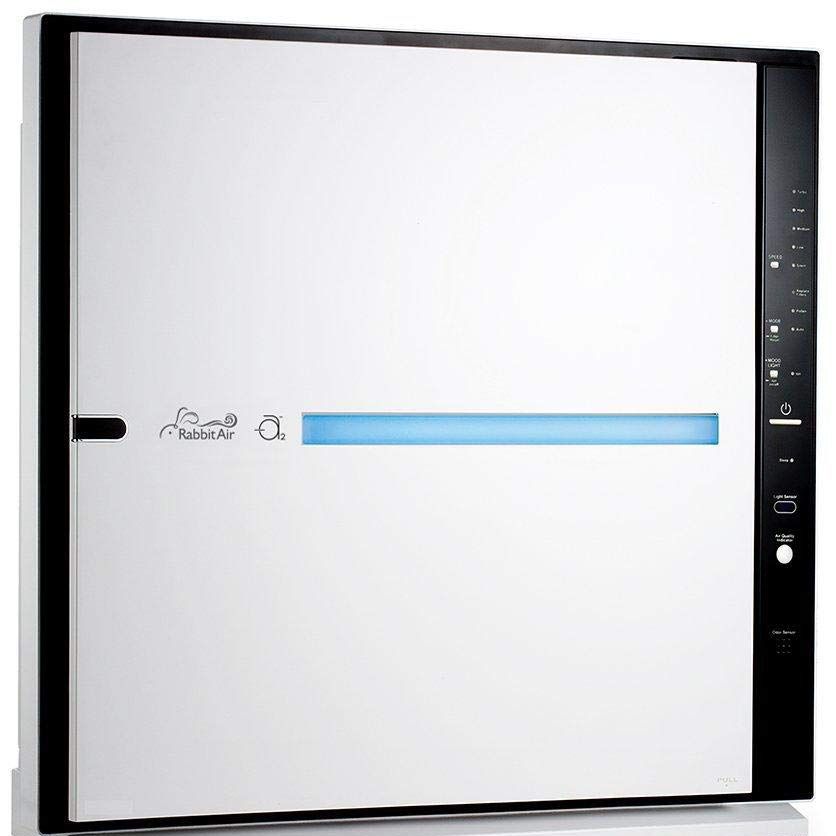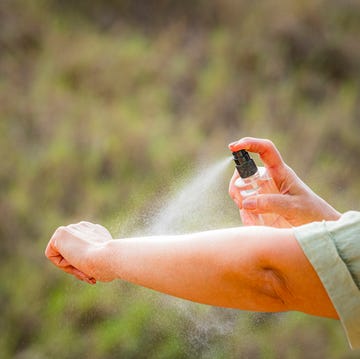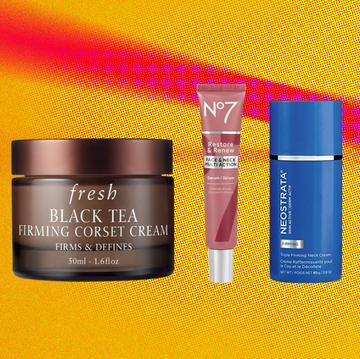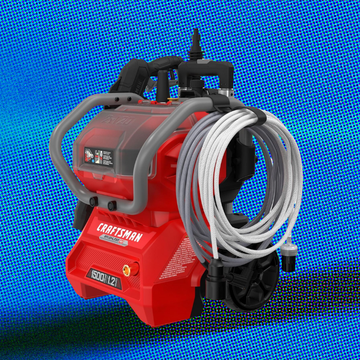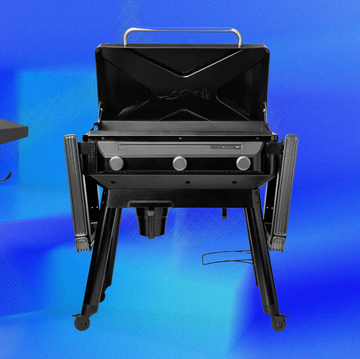6 Best Air Purifiers for Smoke, Tested and Reviewed
Our top picks will help clear the air in your hair of smoke from wildfires, cooking fumes, cigarettes and other sources.
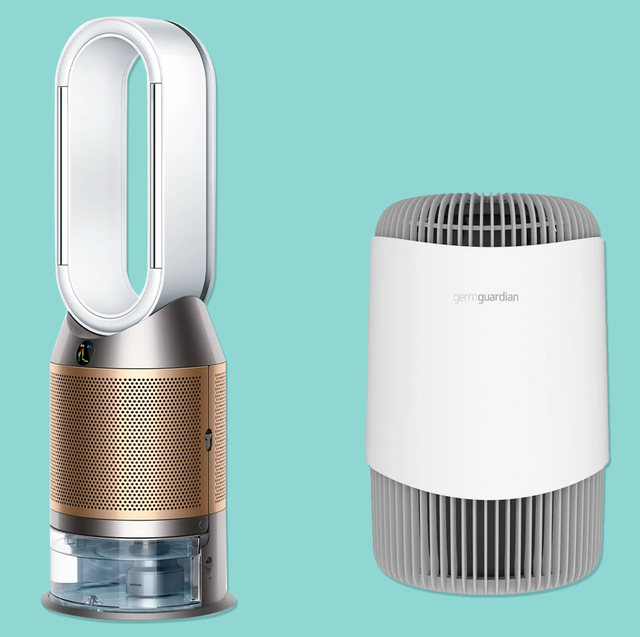
We've been independently researching and testing products for over 120 years. If you buy through our links, we may earn a commission. Learn more about our review process.
There are far fewer people smoking cigarettes these days, but that doesn’t necessarily mean our homes are less smoky. Wildfires are an increasing hazard in many parts of the country, while fumes from cooking are an ever-present concern, especially since newer homes are often so tightly constructed, leaving little opportunity for the exchange of fresh air. Candles and wood-burning fireplaces are yet another source of harmful air pollutants.
While you can stamp out a lot of toxins with behavioral changes (banning cigarettes, running kitchen exhaust fans, saving those roaring fires for special occasions), it’s difficult to have a 100% smoke-free home. “The right air purifier can help get you close,” says Dan DiClerico, director of the Home Improvement & Outdoor Lab at the Good Housekeeping Institute.
Over the last five years, experts at the Good Housekeeping Institute have tested close to 50 air purifiers, along with other home comfort equipment, like humidifiers, air conditioners (portable and window) and dehumidifiers. For this report, we focused on the air purifiers that do the best job of capturing the toxins and irritants constituently found in smoke.
As a data engineer in the Good Housekeeping Institute, Nik (he/him) works with all of our Labs to develop testing protocols and manage data collection and analysis. Before joining Good Housekeeping in 2022, Nik worked in the labs of MIT and Regeneron, working on projects ranging from chemical inventory and reporting to the development of bioassays. He holds a degree in chemical engineering from Northeastern University.
Having written thousands of product reviews and how-to articles on all aspects of home ownership, from routine maintenance to major renovations, Dan (he/him) brings more than 20 years of industry experience to his role as the director of the Home Improvement & Outdoor Lab at the Good Housekeeping Institute. A one-time roofer and a serial remodeler, Dan can often be found keeping house at his restored Brooklyn brownstone, where he lives with his wife and kids.

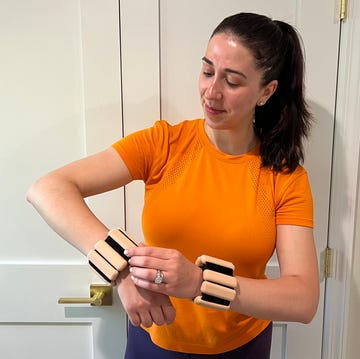
Bala Bangles Review: A Trainer's Perspective
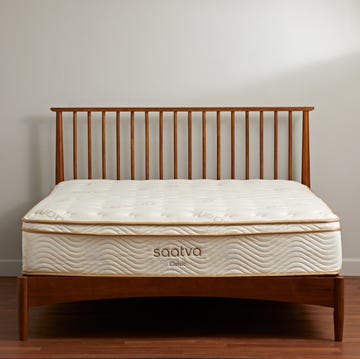
The Best King Size Mattresses
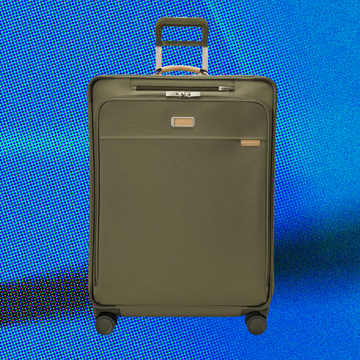
The Best Luggage for International Travel
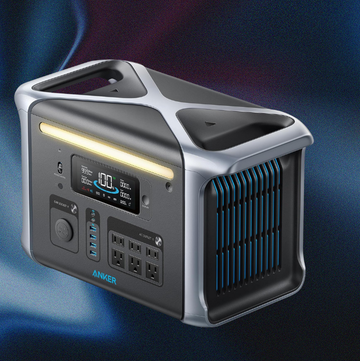
The Best Solar-Powered Generators


